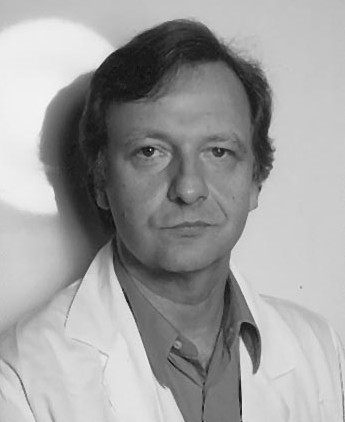
Werner Scheithauer had already discovered his fascination for gastrointestinal oncology in particular during his gastroenterological training and, after a lengthy stay abroad in the laboratory of Daniel Von Hoff in San Antonio (actually against the trend of the time) and his habilitation, had focused almost exclusively on clinical research since the early 1990s. When he was once told during a discussion that ‘5-FU is not real science!’, he responded with his typical mischievous smile, only to prove the opposite over the next few years and decades with his characteristic single-mindedness.
At a time when gastrointestinal oncology was not even in its infancy, Werner Scheithauer was a true pioneer who paved the way for future generations of oncologists through his research and his work as a senior physician and later as programme director for GI oncology at the Department of Oncology at the AKH.
He was the first to carry out a randomised study on the positive effect of systemic chemotherapy compared to best supportive care in metastatic colon carcinoma and published it - to international acclaim. He was also already working on computer-based learning and expert systems in oncology at the time. His further research activities were characterised by excellent national and international networking and efficiency and led to around 300 publications in some extremely high-ranking journals as well as his appointment to international consensus panels in the field of colon and pancreatic cancer.
Werner Scheithauer was a character with rough edges, and his straightforwardness and striving for ultimate efficiency in his work were also defining elements in his private life. Everyone who knew him was aware of his lack of understanding of inefficient processes, his aversion to overlong social events, excessive bureaucracy and ossified hierarchical structures. On the other hand, his nature was characterised by an almost childlike joy in success, making little distinction between a scientific publication, the funding of a project or winning a game of ‘Mensch-ärgere-dich-nicht’ and pursuing all these things with similar dedication.
Health problems ultimately forced him to retire from research and clinical work at an early stage, and he spent his final years in private. His death nevertheless comes as a surprise - rest in peace Werni, your legacy lives on!
Matthias Preusser and Markus Raderer,
Division of Oncology, Department of Medicine I, MedUni Vienna